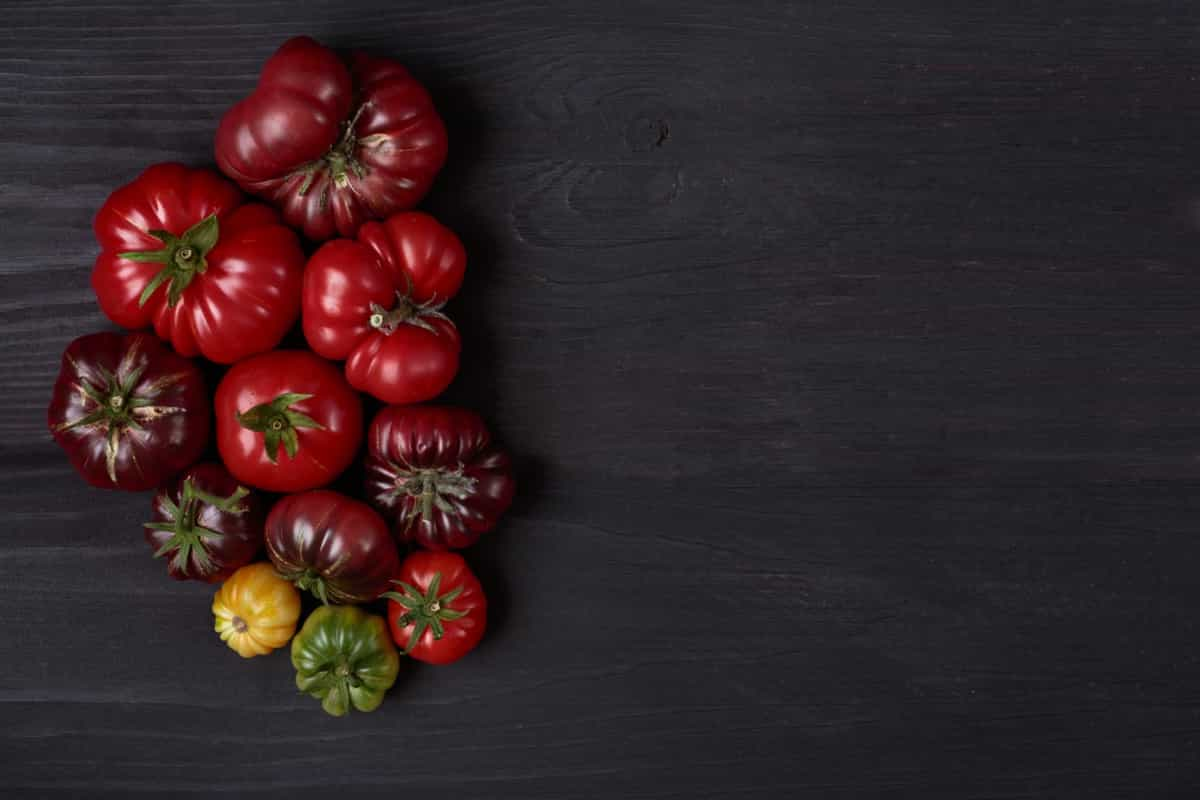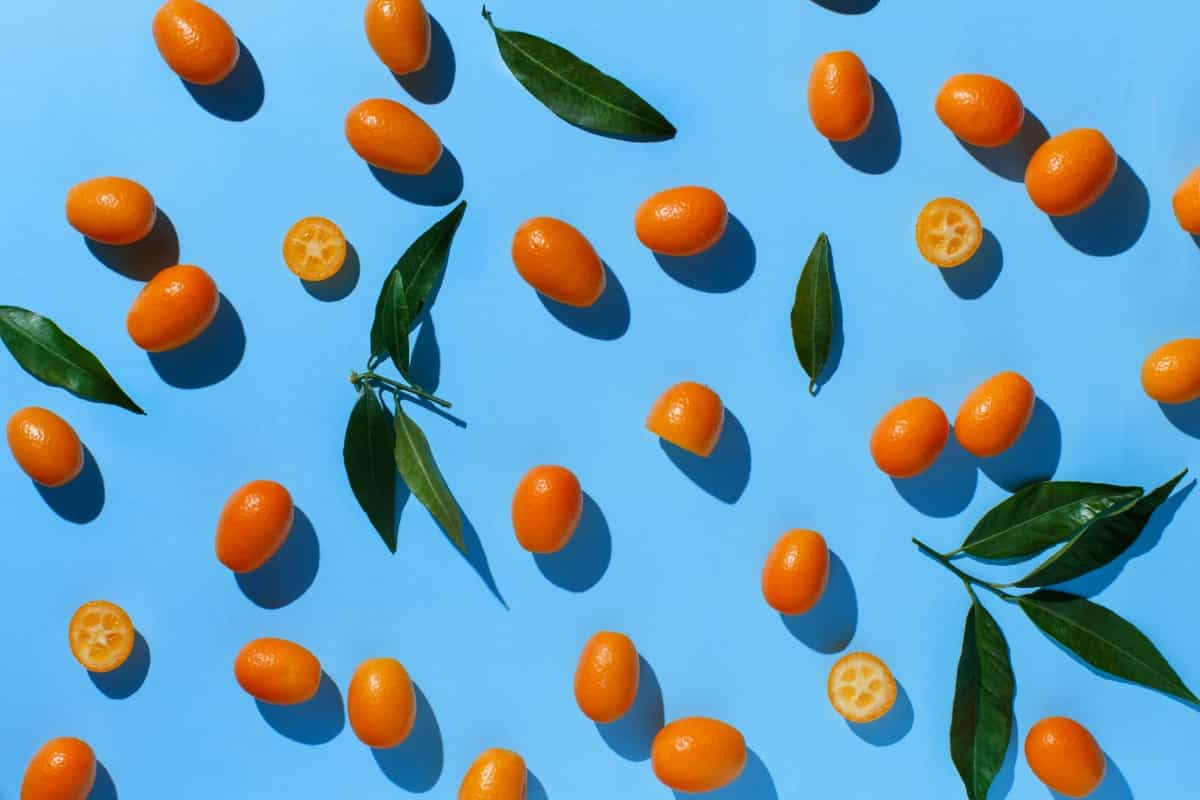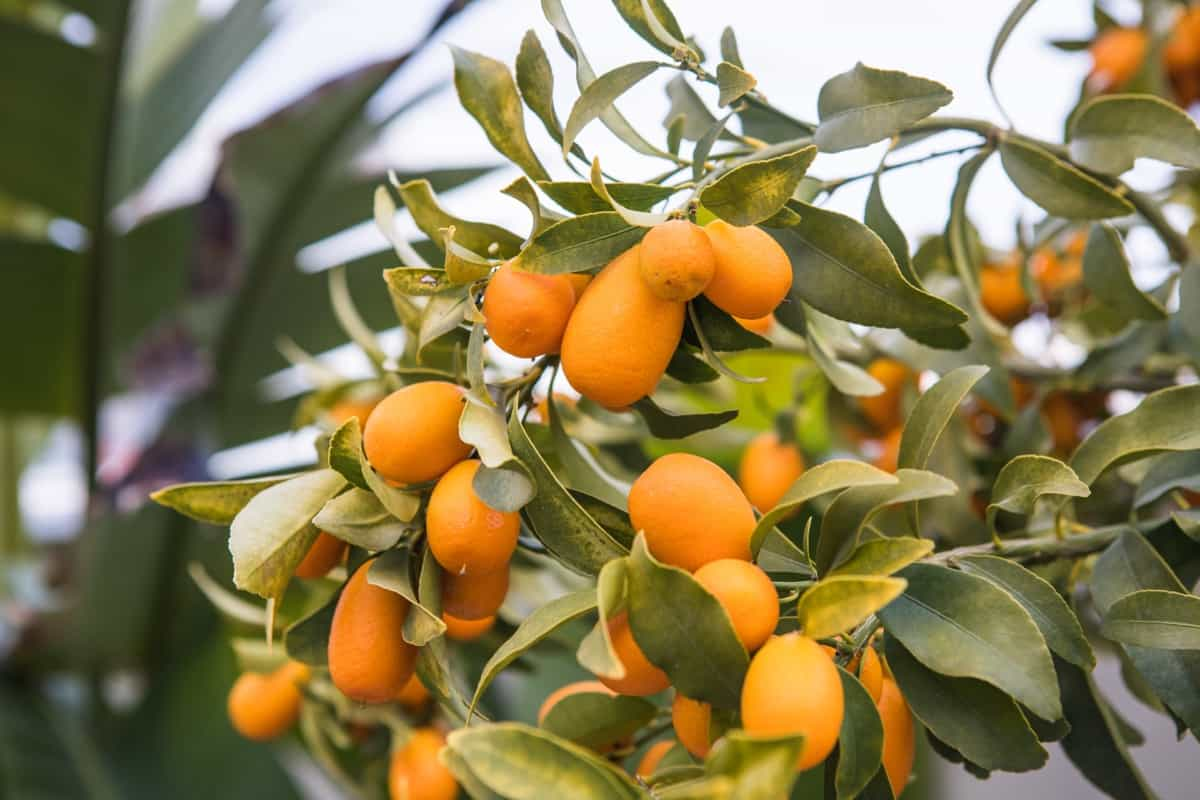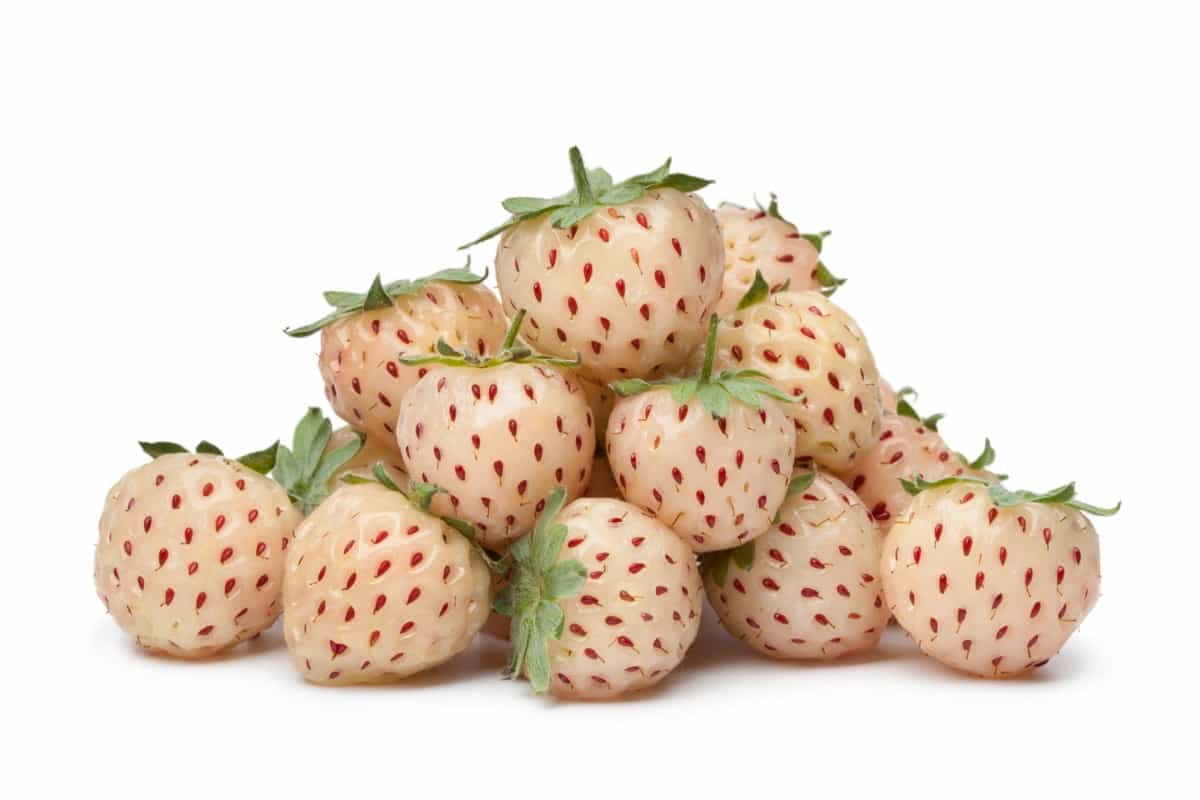Planting heirloom fruit trees not only adds diversity but also helps preserve these extraordinary genetic treasures for future generations. Remember, patience is key when growing heirloom fruits. These varieties may take longer to establish themselves compared to modern hybrids, but they are well worth the wait. And once they start producing their bountiful harvests year after year, you will truly appreciate their exceptional qualities.

Understanding Heirloom Fruits
Heirloom fruits are a fascinating category of plants that have been passed down through generations, preserving their unique characteristics and flavors. These fruits often date back to before modern breeding techniques were introduced, making them truly special and worth exploring in your garden. One key aspect of understanding heirloom fruits is recognizing their diversity. Each fruit brings its own set of flavors, colors, and textures to the table, creating an exciting experience for any fruit enthusiast.
Furthermore, it’s crucial to realize that heirloom fruits are not just about taste; they also contribute to biodiversity conservation efforts. As commercial agriculture focuses on a limited number of uniform cultivars for mass production purposes, many traditional varieties have fallen out of favor or even disappeared entirely. Growing heirlooms helps preserve genetic diversity within plant populations.
Benefits of Growing Heirloom Fruits
Heirloom fruits offer a plethora of benefits that make them worth growing in your garden. These unique varieties are known for their exceptional flavor profiles and distinct characteristics. Unlike commercial fruits bred for uniformity and durability, heirlooms boast an array of flavors ranging from sweet to tangy, with nuances that can transport your taste buds to another world. Another advantage of growing heirloom fruits is their rich history.
These cultivars have been passed down through generations, carrying with them stories and traditions from the past. By cultivating these plants, you become part of a larger legacy, preserving plant diversity and cultural heritage. Moreover, heirloom fruits often exhibit greater resilience and adaptability than modern hybrids. They have stood the test of time by surviving in different climates and soil conditions without the aid of synthetic fertilizers or pesticides. This makes them suitable for organic gardening practices while reducing the environmental impact.
Challenges in Growing Heirloom Fruits
Growing heirloom fruits can be a rewarding experience, but it also comes with its fair share of challenges. One of the main difficulties is finding and sourcing heirloom fruit varieties. Unlike commercially available fruits, heirlooms are often rare and hard to come by. Another challenge is ensuring proper pollination. Many heirloom fruits rely on specific pollinators for successful fruit sets. Without the right insects or compatible fruit trees nearby, your heirloom plants may not produce as abundantly as you hope.
Heirlooms also tend to be more susceptible to certain pests and diseases compared to modern hybrid varieties. This means that extra care must be taken to monitor for symptoms of infestation or infection and implement appropriate pest management techniques when necessary. Maintaining suitable growing conditions is another hurdle in cultivating heirloom fruits. These plants often have specific climate requirements that may not align with your local weather patterns.
In case you missed it: 14 Different Types of Pomegranate Varieties: Distinct Types and Their Characteristics

Some varieties prefer cool temperatures, while others thrive in warmer climates, so it’s crucial to choose cultivars that will flourish in your area. Soil quality also plays a vital role in the success of growing heirlooms. Different types of fruits have varying soil preferences; some prefer well-drained soil, while others thrive in richer organic matter content. Understanding these soil requirements and amending your garden beds accordingly can greatly increase the chances of successful cultivation.
Climate Considerations for Heirloom Fruits
Temperature: Heirloom fruits come from diverse regions, each with its temperature preferences. Some thrive in cooler climates, while others require warmth to flourish. Before planting, research the temperature range that your chosen variety prefers.
Frost tolerance: Many heirlooms have high frost tolerance due to their long history of cultivation in colder climates. However, some may be more sensitive and require protection during freezing temperatures.
Heat resistance: On the flip side, certain heirlooms excel in hot climates where other fruit varieties struggle. If you live in a region with scorching summers, look for heat-resistant options that can withstand intense sunshine.
Humidity levels: While some heirlooms prefer dry conditions, others thrive in humid environments like tropical or subtropical regions. Make sure to choose varieties suited to your local humidity levels.
Growing season length: The duration of your growing season directly impacts which heirloom fruits you can successfully cultivate. Choose varieties that match the length of your season; otherwise, they may not ripen fully before winter arrives.
Soil Requirements for Heirloom Fruits
When it comes to growing heirloom fruits, understanding the soil requirements is essential for success. One important factor to consider is the texture of the soil. Heirloom fruits generally prefer well-draining soil that allows water to pass through easily. Sandy loam or loamy soils are ideal, as they provide a good balance between water retention and drainage. In terms of pH levels, most heirloom fruits thrive in slightly acidic to neutral soils with a pH level between 6.0 and 7.0.
Testing your soil’s pH level can help you determine if any amendments are needed to achieve the optimal range for your chosen heirloom fruit variety. Another aspect of soil requirements for heirlooms is organic matter content. Adding compost or well-rotted manure can improve nutrient availability and overall soil health. This will benefit the growth and productivity of your plants. Furthermore, proper nutrition is crucial for achieving healthy yields with heirloom fruits. Conducting regular soil tests can help identify any nutrient deficiencies or imbalances that need addressing through targeted fertilization.
Pest and Disease Management for Heirloom Fruits
One effective method is practicing good cultural practices such as proper pruning and regular sanitation. Removing diseased branches helps prevent the spread of pathogens. Additionally, cleaning up fallen leaves and fruit can reduce the pests finding a home in your orchard. Another approach is using natural pest control methods.
Beneficial insects can help control common pests like aphids, while introducing nematodes or beneficial fungi can combat soil-borne diseases. To further protect your heirloom fruits, it’s important to monitor for signs of trouble regularly. Keep an eye out for unusual leaf discoloration, wilting, or pest activity on your trees. Early detection allows for prompt action to prevent damage from spreading.
Propagation Methods for Heirloom Fruits
When it comes to growing heirloom fruits, propagation is an important aspect that ensures the continuation of these unique varieties. One common method is grafting, where a scion from the desired fruit variety is attached to a rootstock. This allows for the characteristics of the heirloom fruit to be preserved while also benefiting from the disease resistance of the rootstock.
In case you missed it: Different Types of Fig Varieties: Distinct Types and Their Characteristics

Another popular method is layering, which involves bending a branch or stem down into contact with soil and encouraging it to form roots while still attached to the parent plant. Once rooted, this new plant can be separated and transplanted elsewhere. Seeds can also be used for propagation, although keep in mind that heirlooms may not come true from seed.
This means that seeds collected from an heirloom fruit may produce offspring with different characteristics than their parent. Air layering is another technique where a section of bark on a branch is removed and covered with moist moss or other media until roots develop. Once established, this section can then be cut away from the parent plant and potted up as a new individual.
Heirloom Fruit Varieties
Notable Heirloom Apple Varieties
When it comes to heirloom apple varieties, some standouts are worth growing for their unique flavors and historical significance. One such variety is the Baldwin apple. Known for its exceptional baking qualities and crisp texture, this apple has a tangy flavor that adds depth to pies and sauces. Another noteworthy heirloom apple is Cox’s Orange Pippin. This apple boasts a complex flavor profile with hints of honey and orange, making it perfect for enjoying fresh or using in desserts like tarts and crumbles.
For those who prefer a tart apple with distinctive red flesh, the Westfield Seek-No-Further is an excellent choice. This apple offers a balance of sweet and sour flavors along with a tender yet firm texture. If you’re looking for an heirloom apple with striking visual appeal, consider growing the American Beauty. With its vibrant red skin and creamy white flesh, this variety adds elegance to any fruit bowl or dessert plate.
Distinctive Heirloom Pear Varieties
When it comes to heirloom pear varieties, there are some truly unique and distinctive options worth considering for your garden. These pears not only offer a delicious taste but also bring a touch of history and nostalgia to your fruit collection. One such variety is the Bartlett pear. Known for its sweet and juicy flesh, Bartlett pears are excellent for canning or eating fresh.
Another standout heirloom pear is the Comice pear. This French variety is known for its meltingly tender texture and rich flavor. With yellow-green skin often blushed with red, Comice pears make an elegant addition to any fruit basket. If you’re looking for something more unusual, consider the Seckel pear. This small-sized heirloom variety packs a punch in terms of flavor with its incredibly sweet and spicy taste. Its tiny size makes it perfect for snacking or adding to salads.
Rare Heirloom Citrus Varieties
Citrus fruits are beloved for their vibrant flavors and refreshing qualities. While many people are familiar with common citrus varieties like Oranges and Lemons, there is a whole world of rare heirloom citrus waiting to be discovered. One such variety is the Buddha’s Hand citron. It has a strong lemon fragrance and can be used in various culinary creations, from infused oils to desserts. Another rare citrus gem is the Finger Lime.
In case you missed it: Best Berry Plants for Home Gardens: Berry Varieties for Home Gardeners

This finger-shaped fruit contains small juice-filled pearls that burst with tangy flavor when bitten into. Its caviar-like texture makes it a popular choice for garnishing dishes or adding zesty pops of flavor to cocktails. For those looking for something truly exotic, the Kaffir lime may pique your interest. This citrus variety boasts distinctive knobby green skin and highly fragrant leaves often used in Thai cuisine.
Exotic Heirloom Stone Fruit Varieties
- Indian Blood Peach: With its vibrant red flesh, this variety is as stunning as it is delicious. The sweet and tangy flavor of this peach is truly a treat for the senses.
- Black Amber Plum: This dark-skinned plum boasts a rich, sweet flavor with hints of honey and spice.
- Elephant Heart Plum: Don’t let the name fool you – this plum may be large, but it’s also bursting with flavor. Its deep red-purple skin encases a sweet and tart flesh that is simply irresistible.
- Mirabelle de Nancy Apricot: This apricot variety offers small golden fruits that are incredibly sweet and aromatic. They are perfect for enjoying fresh or turning into jams and preserves.
- Greengage Plum: Known for its greenish-yellow skin, the Greengage plum has a distinctive honey-like sweetness that sets it apart from other varieties. It’s ideal for making pies or enjoying on its own.
- Cherokee Purple Apricot: This rare apricot features an unusual purple-black skin color that adds visual appeal to any dish. Its creamy orange flesh has a delightful balance of sweetness and acidity.
- Satsuma Plum: Satsuma Plums have bright red skin covering their juicy yellow-orange flesh. These plums have low acidity levels, which makes them extremely enjoyable to eat out of hand.
Unique Heirloom Berry Varieties
- Knobby Blackberry: This unusual blackberry variety is known for its knobby texture and intense flavor. The berries are larger than traditional blackberries and have a rich sweetness with a hint of tartness.
- Pineapple Strawberry: As the name suggests, this berry has a distinct pineapple-like aroma and flavor combined with the classic sweetness of strawberries.
- White Mulberry: While mulberries are typically dark purple or red when ripe, white mulberries offer something different. These creamy-white berries have a slightly sweeter taste compared to their darker counterparts.
- Honeyberry: Honeyberries resemble elongated blueberries but have a tangy-sweet flavor reminiscent of raspberries mixed with cranberries.
- Golden Raspberry: These bright yellow-orange berries have a sweet yet slightly tart flavor that is sure to impress.
Uncommon Heirloom Tropical Fruit Varieties
One such variety is the Cherimoya. This green-skinned fruit has a creamy white flesh that tastes like Banana, Pineapple, and Strawberry. Its sweet flavor and custard-like texture make it perfect for enjoying fresh or as an ingredient in desserts. Another rare tropical fruit worth exploring is the Rambutan. Resembling a hairy Lychee on the outside, this has a juicy and slightly tart flesh that surrounds its seed. With its vibrant red skin and refreshing taste, Rambutan is sure to add an element of excitement to any fruit salad.
Heritage Grapes and Their Characteristics
The world of heirloom fruits extends beyond just Apples, Pears, and Citrus. One often overlooked category is heritage grapes. These unique varieties have a rich history and offer distinctive flavors that can elevate your winemaking or simply enhance your culinary experience. Heritage grapes come in a wide range of colors, sizes, and flavors. Some heritage grapes are known for their intense aromas.
The Gewürztraminer offers floral notes with hints of Lychee and spice. Others, like Pinot Noir, deliver an elegant balance between acidity and fruitiness. These unique varieties also vary in terms of growing conditions. Some thrive in cooler climates, while others prefer warmer regions with longer growing seasons.
It’s important to research specific requirements before planting your heritage grapevines. Once established, heritage grapes require careful maintenance to ensure optimal growth and fruit production. Pruning techniques may differ depending on the variety, so it’s crucial to familiarize yourself with proper vine management practices.
In case you missed it: Top 20 Tulip Varieties to Brighten Your Garden

Frequently Asked Questions (FAQ) on Heirloom Fruit Varieties
Are Heirloom Fruits Difficult to Grow?
While growing heirloom fruits may present some challenges, they are well worth the effort. It is important to understand the specific climate requirements and soil conditions each variety prefers. Additionally, proper pest and disease management techniques should be implemented to ensure healthy growth.
Can I Grow Unique Heirlooms in My Region’s Climate?
Certain heirloom fruit varieties thrive in specific climates, so it’s essential to choose ones suitable for your region. Some Apples or Pears may prefer cooler temperatures, while certain citrus or tropical fruits require warm climates with mild winters.
Conclusion
Growing unique heirloom fruit varieties can be a rewarding and exciting endeavor for any gardener or fruit enthusiast. These fruits not only offer a taste of the past but also bring diversity and richness to our modern gardens. While there may be challenges in growing heirloom fruits, such as climate considerations, soil requirements, and pest management, the benefits far outweigh these obstacles.
Whether you’re an experienced gardener looking to expand your repertoire or a beginner seeking new horticultural adventures, exploring the world of heirloom fruits is sure to ignite your passion for gardening like never before.
- Gardening Techniques in Planting Vegetables
- Where to Place Indoor Plants in Your Home
- How to Grow Tomatoes Organically at Home: A Comprehensive Guide
- Organic Gardening on a Budget: Low-Cost Methods and Materials
- Gongura Seed Germination and Planting Methods
- Cabbage Seed Germination and Selection
- Broccoli Seed Germination and Selection
- Asparagus Seed Germination and Variety Selection
- Seasonal Flower Gardening: Best Practices for Spring, Summer, Fall, and Winter
- How to Grow Hibiscus from Flower
- Plantation Ideas for Home Decoration: A Beginners Guide
- Flower Garden Designs and Layouts for Beginners
- Planting and Spacing Techniques in Papaya: A Beginner’s Guide
- Growing Gold: Essential Techniques for Planting Pineapples
- How to Make Kalanchoe Plant Bushy: Home Remedies and Solutions
- 11 Reasons Why Your Gardenia is Not Blooming: Home Remedies and Solutions
- Eco Elegance: The Guide to Designing a Drought-Tolerant Landscape
- Gardening on a Slope: Strategies for Hillside Landscaping
- Nourish and Flourish: Top Organic Mulches for Thriving House Plants
- Everything You Want to Know about Indian Mogra Flower: Discover Uses and Growing
- Green Thumb Success: Expert Tips for Cultivating Greenhouse Pumpkins All Year Round
- Maximize Growth & Flavor: The Ultimate Guide to Companion Planting in Herb Gardens
- How to Control Rhododendron Problems Naturally: Home Remedies and Organic Ways to Fix Them
- Natural Magic: The Remarkable Benefits of Cinnamon for Plants
- Best Steps to Revive Dying Tulip with Natural and Organic Treatment
- 10 Reasons Why Your Angel Trumpet is Not Blooming: Remedies and Treatment
- How to Fix Periwinkle Leaf and Flower-Related Problems: Natural Remedies and Solutions
- How to Fix Zinnias Leaf and Flower Problems: Discover Natural and Home Remedies
- Organic Steps to Induce Lemon Tree Flowers: A Comprehensive Guide
- Bloom Booster: Crafting the Perfect Homemade Bougainvillea Fertilizer
- Optimizing Growth: A Guide to Applying NPK Fertilizer for Potted Plants
- 10 Best Homemade Fertilizers for Rubber Plant: DIY Recipes and Application Method
- How to Boost Female Pumpkin Flowers: Effective Steps for More Flowers and High Yields
- Transform Your Indoor Garden: Top Benefits of Pink Salt for Houseplants
- 10 Best Homemade Fertilizers for Peacock Plants (Calathea): Easy DIY Guide
- Unlock Blooms: 9 Reasons Why Your Potted Chrysanthemum is Not Blooming